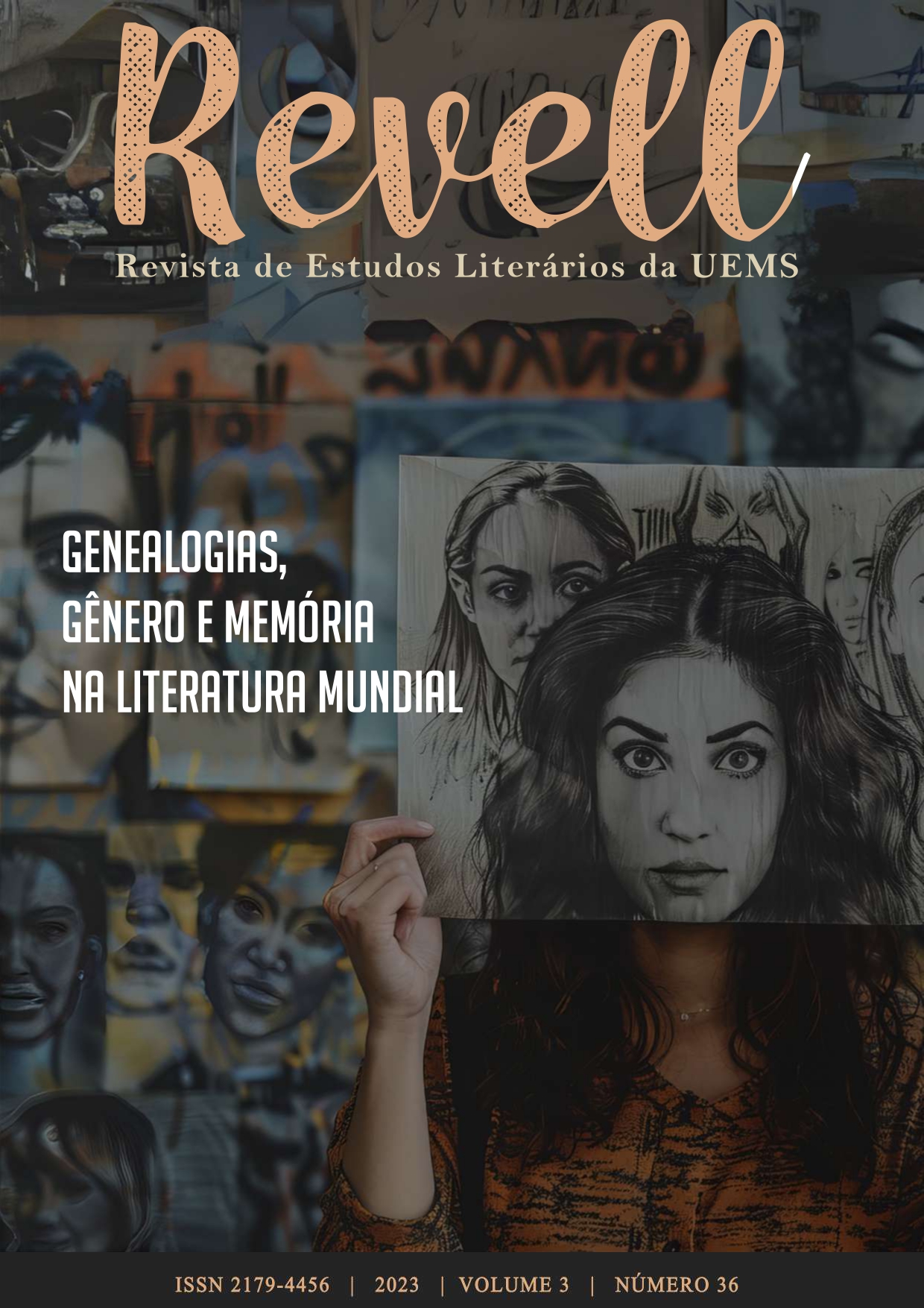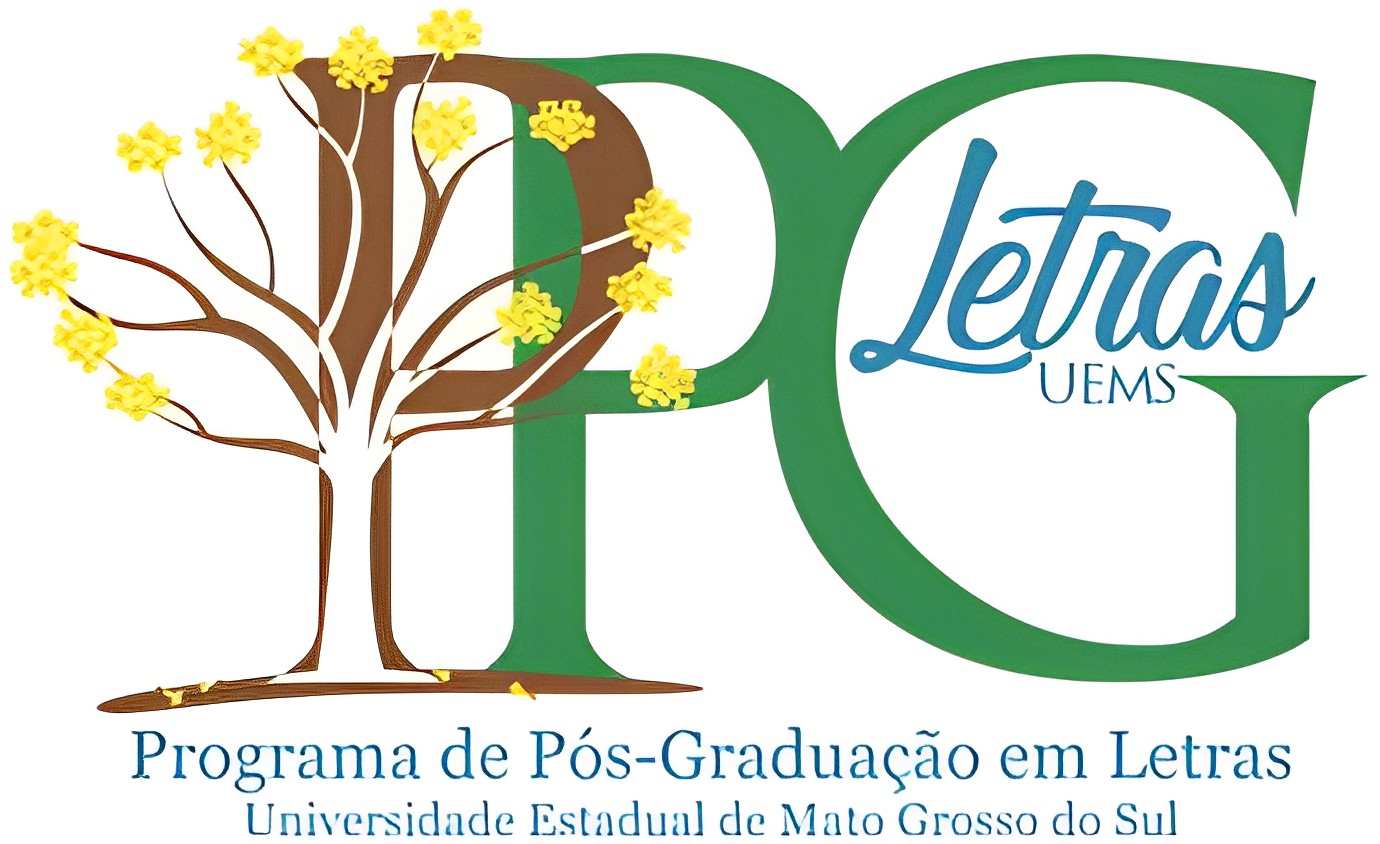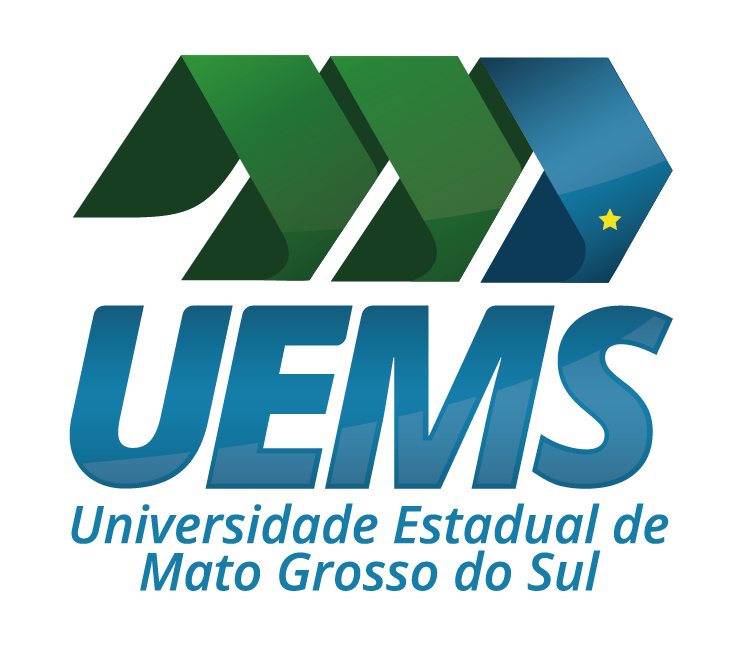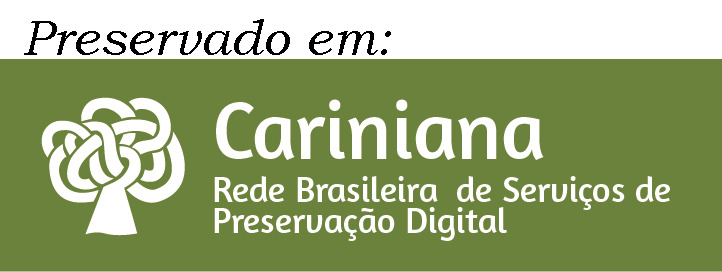A descoberta do frio
testimony and collective trauma of racism in Oswaldo de Camargo’s narrative
DOI:
https://doi.org/10.61389/revell.v3i36.8226Keywords:
brazilian literatura, black literature, memory, testimonyAbstract
This article aims to analyze the relationship between testimony and the collective trauma of racism in the soap opera A Descobrimento do Frio (2011 [1979]), by Oswaldo de Camargo, seeking to understand to what extent the violence of the European colonial enterprise, marked by the forced diaspora , mass enslavement and the invisibilization of the Black are represented as limiting events in a literature in which the Black emerges not as the other, the one spoken of, but in the position of the subject of his own history. Based on concepts from post-colonial studies and an interweaving between the notion of testimony and history against the grain, I seek to present how Black writing, of which Oswaldo de Camargo is one of the most influential authors, operates a work of brushing up its own literature against the grain, contesting the so-called official truths propagated by the so-called winners and denouncing the perverse and violent logic of colonization. Through the remembrance of these traumatic events, Camargo's writing puts his finger on the wound and represents the task of (re)building the collective memory of Blacks and Blacks in Brazil, pointing out, in an incisive way, the uncomfortable truth of racism.
References
BENJAMIN, Walter. Sobre o conceito de história. In: Obras escolhidas, volume 1: magia e técnica, arte e política. Trad. Sergio Paulo Rouanet. São Paulo: Brasiliense, 1985.
BERND, Zilá. Introdução à Literatura Negra. São Paulo: Brasiliense, 1988.
BONNICI, Thomas. O cânone literário e a crítica literária: o debate entre exclusão e a inclusão. In: BONNICI, Thomas; FLORY, Alexandre; PRADO, Márcio. (Orgs.). Margens instáveis: tensões entre teoria, crítica e história da literatura. Maringá, EDUEM, 2011, p. 101-128.
BOURDIEU, Pierre. A economia das trocas simbólicas. Trad. Sergio Miceli, Silvia de Almeida Prado, Sonia Miceli e Wilson Campos. São Paulo: Perspectiva, 2007
CADERNOS NEGROS, vol. 1. São Paulo: Quilombhoje, 1978.
CALEGARI, Lizandro Carlos. Trauma, memória e testemunho em A vida e a luta de uma sobrevivente do Holocausto, de Sabina Kustin. Literatura e autoritarismo, Santa Maria, n. 32, p. 97-98, jan. – jun. 2019.
CAMARGO, Oswaldo de. Um homem tenta ser anjo. São Paulo: Supertipo, 1959.
CAMARGO, Oswaldo. A descoberta do frio. São Paulo: Ateliê Editorial, 2011.
CUTI (Luiz Silva). A consciência do impacto nas obras de Cruz e Sousa e Lima Barreto. Belo Horizonte: Autêntica, 2009.
ESCOBAR, Giane Vargas. Clubes sociais negros: lugares de memória, resistência negra, patrimônio e potencial. 2010. 207 f. Dissertação (Mestre) – Centro de Ciências Sociais e Humanas, Universidade Federal de Santa Maria, Santa Maria, 2010.
GAMA, Luiz. Primeiras trovas burlescas de Getulino. São Paulo: Ática, 1981.
HALBWACHS, Maurice. A memória coletiva. Trad. Laurent Léon Schaffter. São Paulo: Vértice, 1990.
KILOMBA, Grada. Memórias da plantação - episódios de racismo cotidiano. Trad. Jess Oliveira. Rio de Janeiro: Cobogó, 2019.
KLEIN, Melanie. Amor, culpa e reparação e outros trabalhos. In: Obras completas de Melanie Klein, Volume I. Rio de Janeiro: Imago, 1932.
KLEIN, Melanie. A psicanálise de crianças. In: Obras completas de Melanie Klein, Volume II. Rio de Janeiro: Imago, 1933.
LACERDA, João Baptista. Sur le métis au Brésil. Londres: Premier Congrés Universel des Races, 1911.
MARTINS, Nélson Silveira; LAURITO, Domingos. Bragança: 1763 – 1942. São Paulo: Coleção São Paulo Através da História, 1943.
POUILLON, Jean. O tempo no romance. Tradução de Heloysa de Lima Dantas. São Paulo: Cultrix/Edusp, 1974.
RISO, Ricardo. É hora de ouvir os atabaques de dois poetas sem equívocos: Éle Semog e José Carlos Limeira. Literafro: o portal da literatura afro-brasileira. Disponível em: <http://www.letras.ufmg.br/literafro/autores/28-critica-de-autores-masculinos>. Acessado em 16 out. 2019.
SELIGMANN-SILVA, Márcio. Narrar o trauma – a questão dos testemunhos de catástrofes históricas. Revista psicologia clínica, Rio de Janeiro, PUC-RJ, vol. 20, no. 1, p. 65-82, 2008. Disponível em: <http://www.scielo.br/pdf/pc/v20n1/05>. Acessado em 31 out. 2019.
SELIGMANN-SILVA, Márcio. Apresentação da questão: a literatura do trauma. In: SELIGMANN-SILVA, Márcio (Org.) História. Memória. Literatura. O testemunho na era das catástrofes. Campinas: Editora da Unicamp, 2010, p. 45-58.
SELIGMANN-SILVA, Márcio. O testemunho: entre a ficção e o ‘real’. In: SELIGMANN-SILVA, Márcio. História, Memória, Literatura. O testemunho na Era das Catástrofes. Campinas/SP: Editora da Unicamp, 2003, pp. 371-386.
Downloads
Published
How to Cite
Issue
Section
License
Copyright (c) 2024 REVELL - UEMS JOURNAL OF LITERARY STUDIES

This work is licensed under a Creative Commons Attribution 4.0 International License.
DECLARAÇÃO DE ORIGINALIDADE E EXCLUSIVIDADE E CESSÃO DE DIREITOS AUTORAIS
Declaro que o presente artigo é original e não foi submetido à publicação em qualquer outro periódico nacional ou internacional, quer seja em parte ou na íntegra. Declaro, ainda, que após publicado pela REVELL, ele jamais será submetido a outro periódico. Também tenho ciência que a submissão dos originais à REVELL - Revista de Estudos Literários da UEMS implica transferência dos direitos autorais da publicação digital. A não observância desse compromisso submeterá o infrator a sanções e penas previstas na Lei de Proteção de Direitos Autorais (nº 9610, de 19/02/98).



















